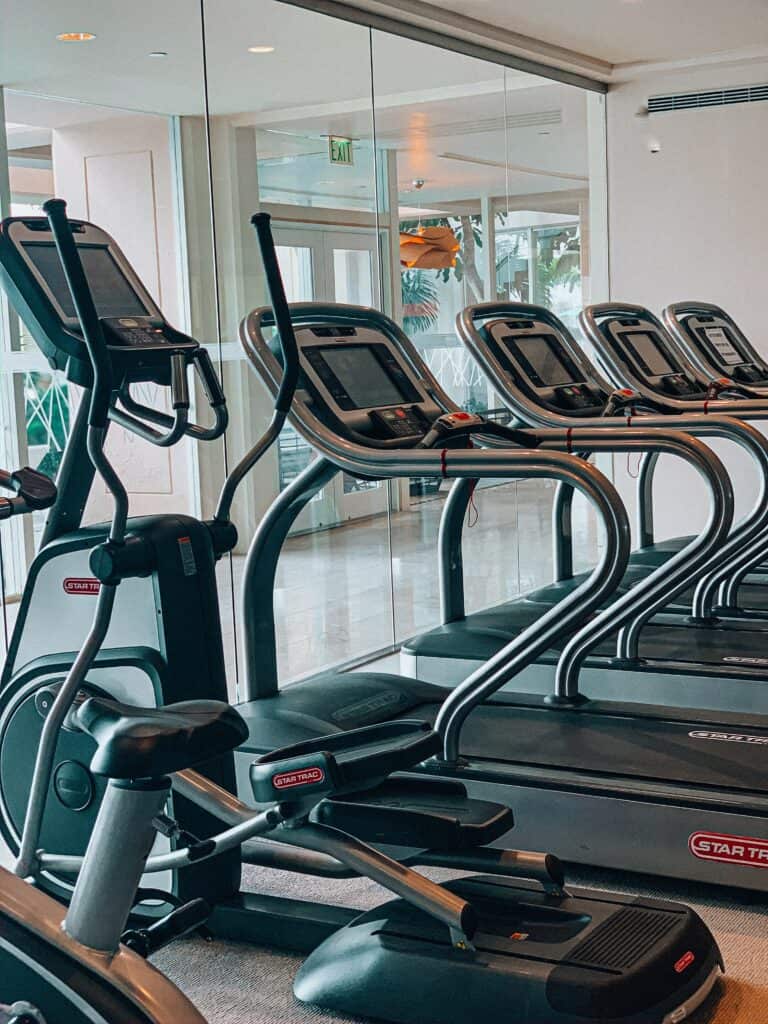May 25th (tomorrow) is National Senior Health and Fitness Day! We have looked at a lot of different programs in the area from senior centers back at the beginning of May, but today we will focus on other local places to go for health and fitness!
A great place to find senior friendly fitness classes and programs is Silver Sneakers. Certain Medicare plans will cover Silver Sneakers classes, for those 65 and up. You will have to make an account online, which will allow you to see your eligibility for coverage, as well as RSVP for classes. They have different formats as well, live workouts to stream, in person classes, or on demand videos.
Silver and Fit is very similar, where there are programs and plans that you may be eligible to participate in through Medicare. They also require an account to check eligibility and such, and an interesting benefit you may qualify for are the At Home fitness kits. You can receive one kit each benefit year, and they contain useful items to help and encourage you to work out at home! One even includes a FitBit!
Ann Arbor’s YMCA has a lowered rate for seniors as well, at $44 dollars a month and initial one-time fee of $60, for a single senior. They offer a variety of classes for senior fitness, including senior swimming classes.
The Health and Fitness Center of WCC offers a variety of classes, some of which are done through senior centers, which we covered in May 1st‘s blog post. They also have their own classes and memberships in their building off Huron River Drive.
Whether you start a gym membership, or just try out a senior center free class, get out and move in this warm weather!






